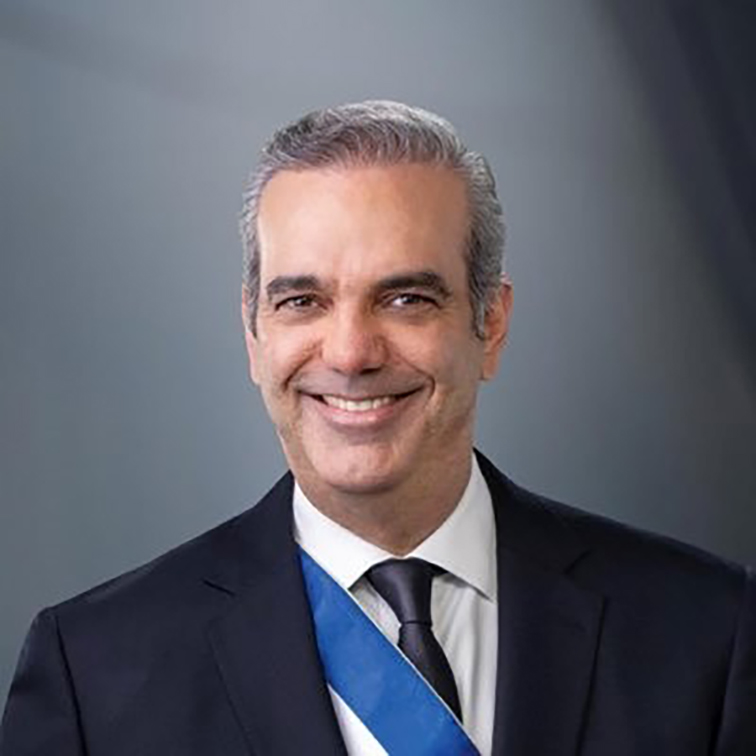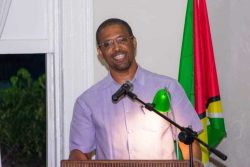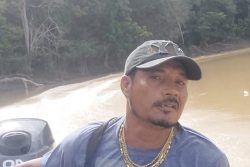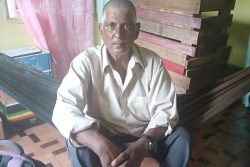(Reuters) – The Dominican Republic’s Luis Abinader, an anti-corruption crusader who helped catapult the island nation’s economy from pandemic lows to one of the fastest growing in Latin America, looks set for a first round victory in presidential elections on Sunday.
Abinader, the country’s current president and leader of the Modern Revolutionary Party, garnered 60% of voter intentions in an early May Gallup-RCC Media poll, a tally that puts him well ahead of his closest rival, three-time former President Leonel Fernandez, with 24.6%, and Abel Martinez with 11.1%. Several other candidates are polling at or under 1%.
The stakes are high for the Dominican Republic as the Caribbean island nation wrestles with an exploding humanitarian crisis on its doorstep in Haiti, still festering inequality and untenable levels of crime and corruption.
Those issues may draw substantial turnout among the 8.1 million eligible to vote for the next president, vice president and members of parliament on Sunday, leaving room for surprises.
If no candidate receives more than 50 percent of the vote, a second round will be held on June 30.
In the country’s first-ever presidential debate in April, Fernandez, Abinader’s closest contender, painted his opponent as weak on the economy and crime, key touchpoints for many voters. Martinez, a first-time candidate, staked his claim on successful leadership as mayor of the country’s second largest city, Santiago.
But neither candidate has of yet made inroads against the 56-year-old Abinader, who defies traditional ideological labels, pushing a pro-business agenda while donating his salary as president to social programs.
The gray-haired former tourism and construction magnate has presided over a strong economic expansion fueled in part by trade with the United States. That has helped him score a 70% approval rating, according to a CID Gallup poll in September, making him among the most popular leaders in Latin America.
Abinader appointed a tenacious attorney general with a mandate to fight government graft in the first days of his administration, championed foreign investment and began construction in 2022 on a border wall to contain illegal immigration from Haiti, a move popular with constituents. “Simply, Abinader has delivered on his promises. The economy is strong, corruption is being discouraged, the tourism industry has recovered since COVID,” Eric Farnsworth, a Latin America expert at the Council of the Americas and Americas Society.
“The opposition is weak and divided. They promised unity in the second round of elections, but it appears there will not be a second round. So that point is moot absent some major unexpected event between now and elections.”
Home to palm-strewn white sand beaches and a thriving manufacturing and agricultural sector, the island nation has grown an average of 5% annually for two decades, according to World Bank data, making it the envy of much of Latin America.
Abinader has kept the pace. The economy is expected to expand this year by another 5.1%, the bank says.
He has campaigned on his widely praised handling of the COVID-19 crisis, during which he fast-tracked vaccination and quickly re-opened to tourism.
That move catapulted the key sector, and the wider economy, to a far faster recovery than competitors like Puerto Rico, Cuba, Jamaica and the Bahamas, paving the way for a record-breaking 10 million foreign arrivals in 2023 – making it by far the most popular destination in the Caribbean, according to U.N. Tourism figures.
Despite these accomplishments, detractors say Abinader, whose declared net worth of $76 million make him one of Latin America’s richest presidents, must work to assure the country’s wealth trickles down to the poor, said Geovanny Vicente-Romero, a Washington D.C.-based Dominican political strategist.
“Wealth redistribution and inequality … need to be addressed to tackle the general perception that he is leading a ‘Popi’ government, with most of its members being whites coming from middle-class and well-off families,” he said.
“Popi” is the term in the Dominican Republic for the wealthy, while “Wawawa” is used for the poor.
The crisis in neighboring Haiti – which has driven desperate Haitians across the border – has further strained the social safety net, fueling the perception among many that crime is out of control.
Abinader, like his rivals, has called on the international community to take ownership of the crisis, and warns the Dominican Republic cannot absorb a massive spillover of migrants from its neighbor.
Jacqueline Jimenez, co-editor of “Dominican Politics in the Twenty First Century,” told Reuters the “rigorous and respectful” debate seen over several months on issues ranging from Haiti to the economy are a sure win for democracy.
“There is a high level of enthusiasm going into the elections,” she said. “Dominicans are starting to believe again in their politicians.”









